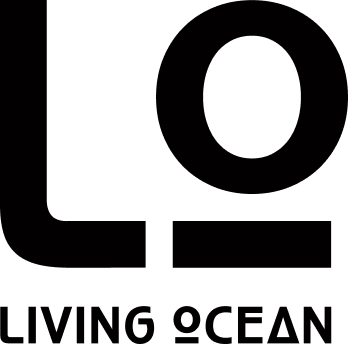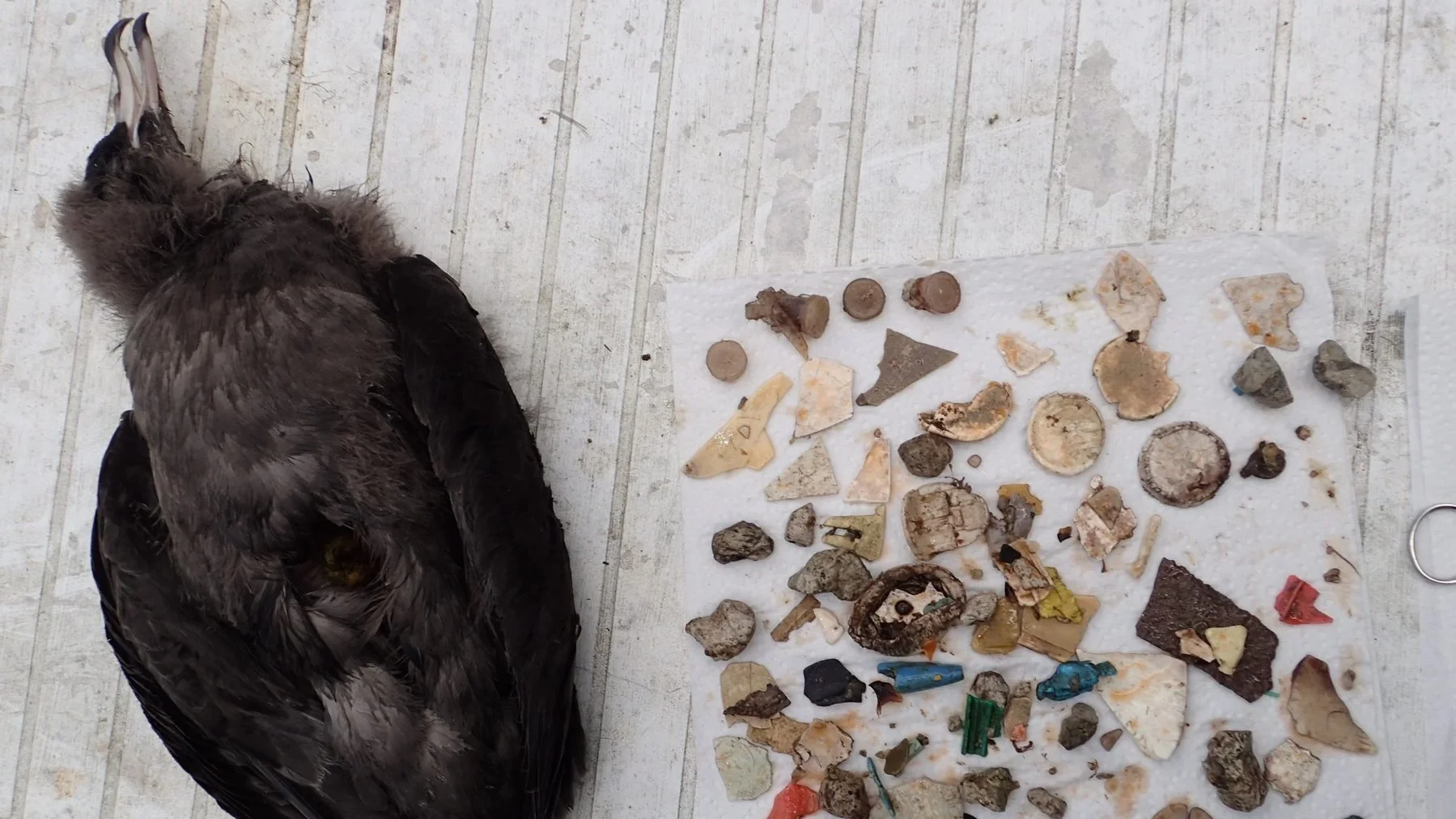Living Ocean Deepens Support for Adrift Lab’s Groundbreaking Seabird Research
Warning: this story contains graphic images.
Living Ocean is proud to announce a major expansion of our long-standing partnership with the incredible scientists at Adrift Lab, who are leading global research into the devastating impact of plastic pollution on the flesh-footed shearwater — often described as the ocean’s version of the canary in the coal mine.
Dr Jennifer Lavers of Adrift Lab gently holds a flesh-footed shearwater chick during field research on Lord Howe Island — part of ongoing efforts to understand and expose the impact of plastic pollution on seabirds.
Thanks to the extraordinary generosity of the Baillie Lodges group, and in particular Capella Lodge on Lord Howe Island, Living Ocean has secured ongoing annual funding to support Adrift Lab’s vital work.
“This generous grant makes it possible to purchase the advanced lab equipment we need to take our research to the next level.”
For the past 18 years, Adrift Lab’s international team of scientists has travelled to Lord Howe Island, a UNESCO World Heritage-listed marine sanctuary, to study the breeding shearwaters. Their research has revealed shocking truths: virtually every chick now contains an average of 50 pieces of plastic — ingested from regurgitated meals provided by parents who forage as far away as Sydney.
This month marked a horrific new record: 778 pieces of plastic found in the stomach of a single 80-day-old chick — nearly doubling last year’s previous high. Once, researchers could detect plastic by gently feeling for a few sharp fragments. Today, “the birds crunch” when handled — their insides so packed with plastic, there’s no room for anything else.
Plastic pieces extracted from the stomach of a young flesh-footed shearwater laid beside the bird — a stark reminder of the devastating toll plastic pollution is taking on our ocean wildlife.
This crisis has recently gained national attention in a powerful ABC News article, which features insights from Dr Lavers and further underscores the urgent need for systemic change in how we produce and manage plastic waste.
Alongside their fieldwork, Adrift Lab scientists have brought this crisis to public attention through acclaimed documentaries like David Attenborough: A Life on Our Planet, the feature film Blue, and numerous radio and TV appearances.
Living Ocean is honoured to support this world-class research. By funding and amplifying Adrift Lab’s work, we hope to help drive global awareness and systemic change — including stronger policies, producer accountability, and support for a Global Plastics Treaty.
We stand with the shearwaters. We stand with science. And we’re deeply grateful to Capella Lodge and Baillie Lodges for their generous support of both Living Ocean and Adrift Lab.



